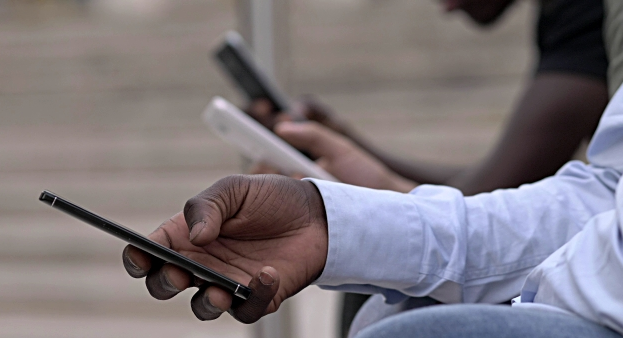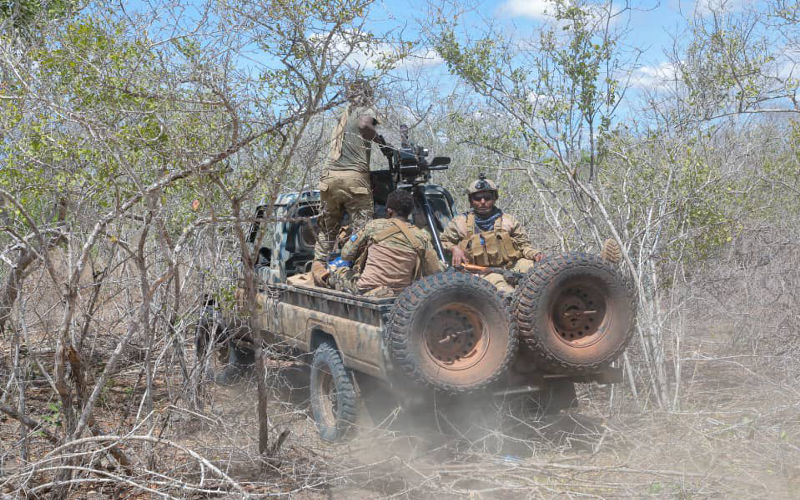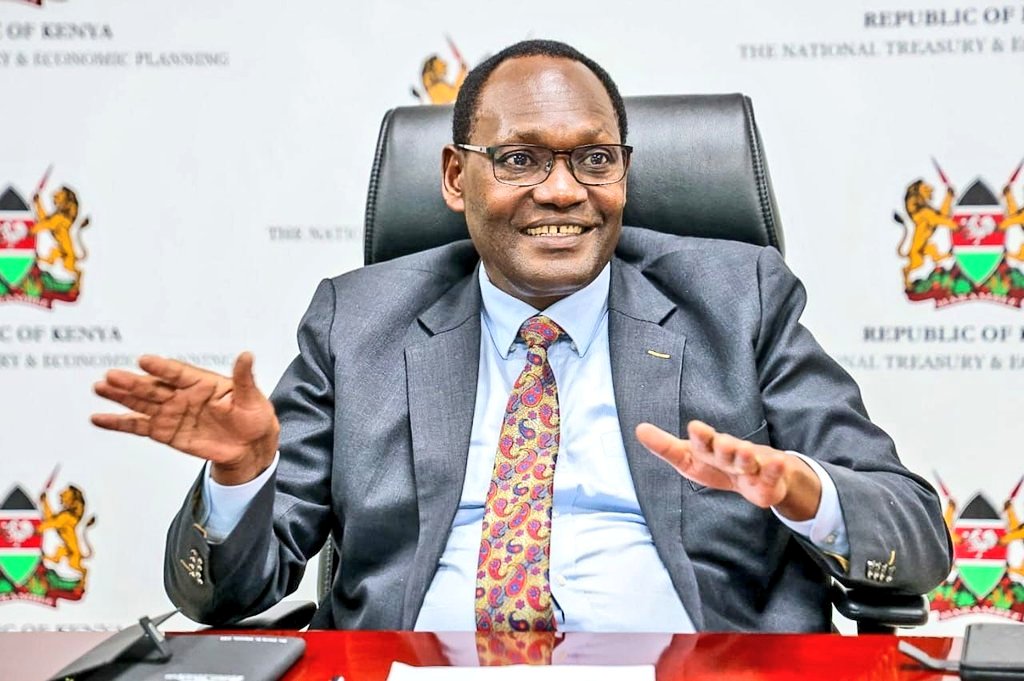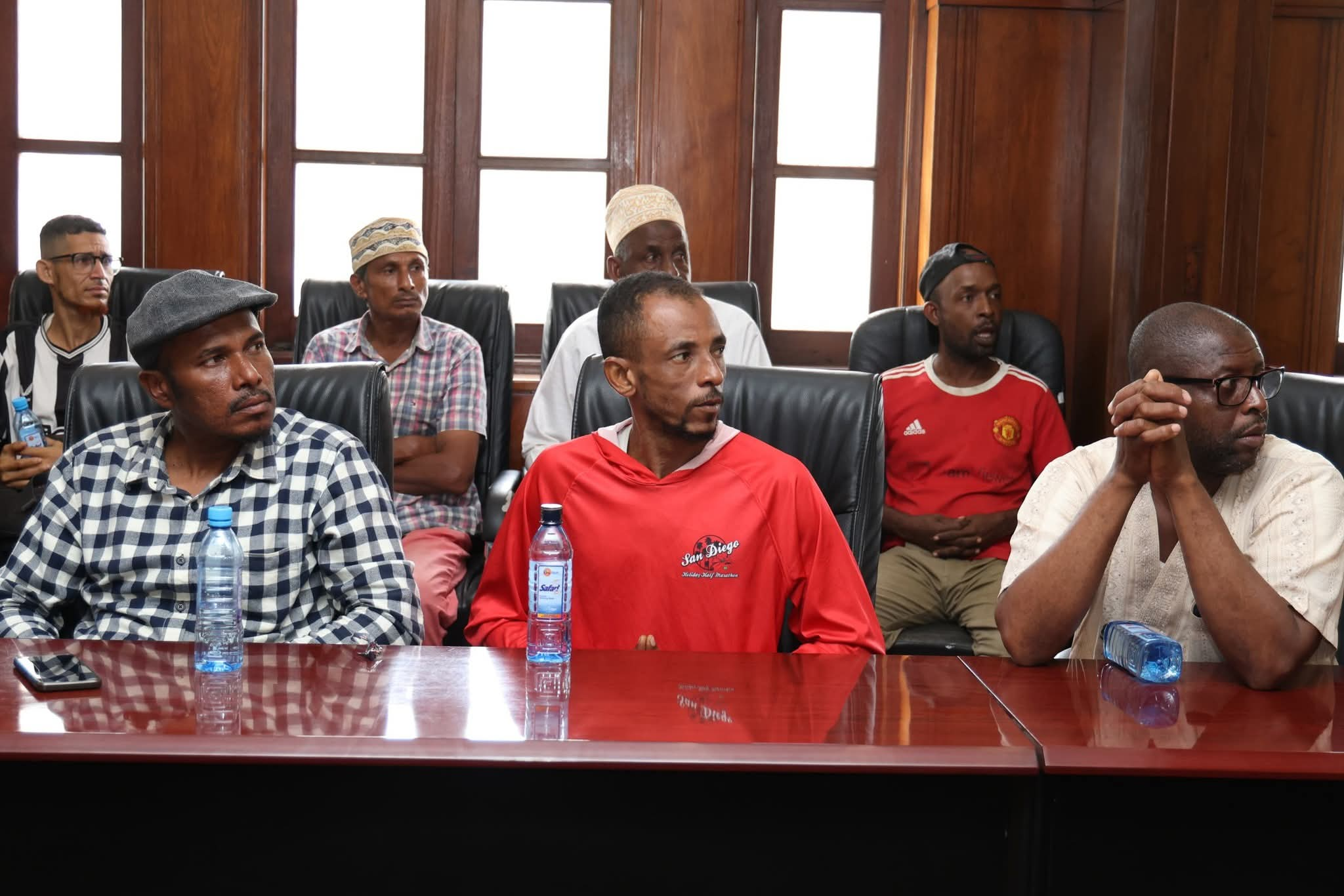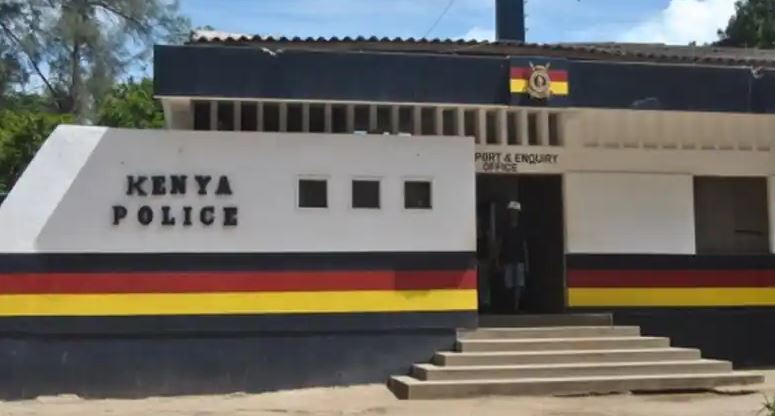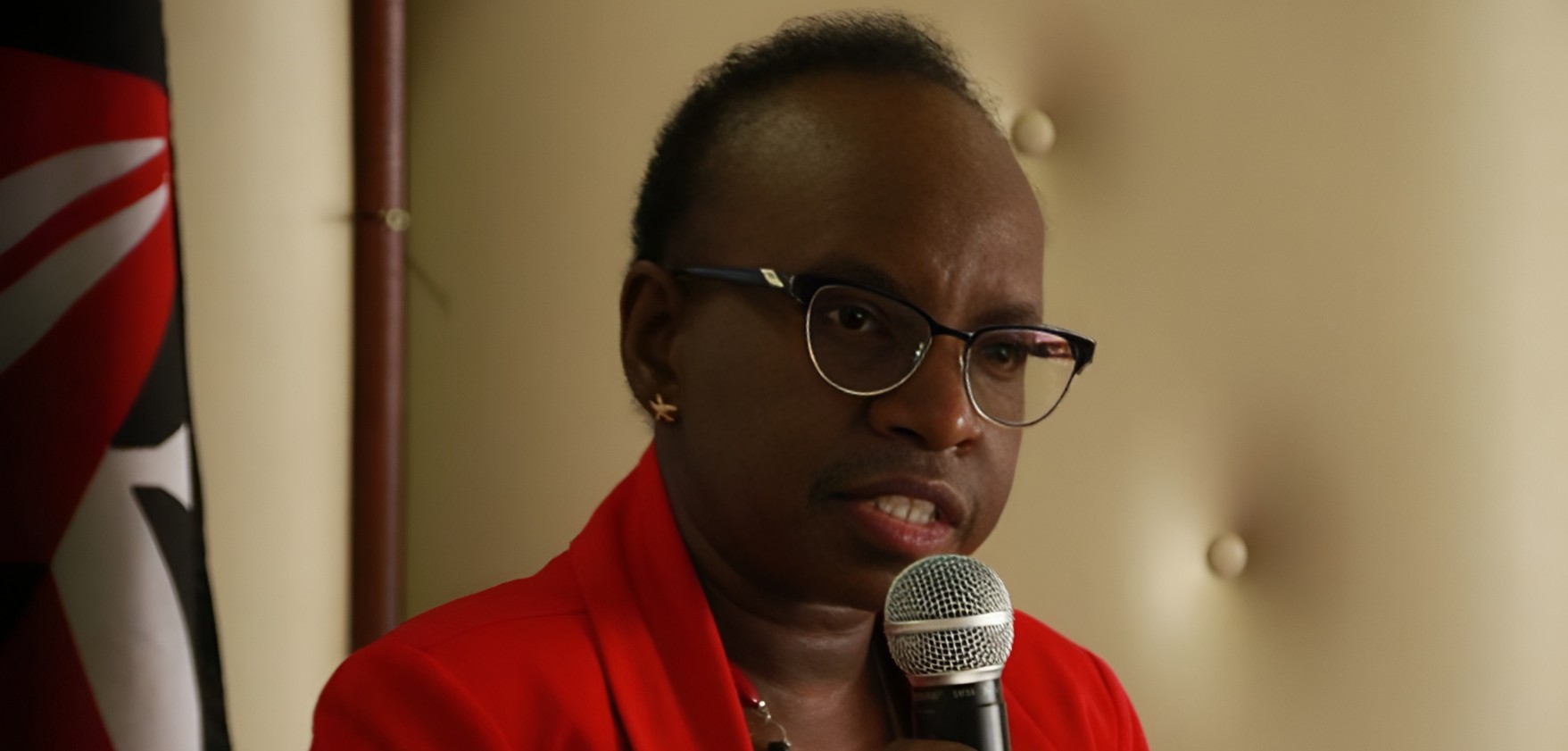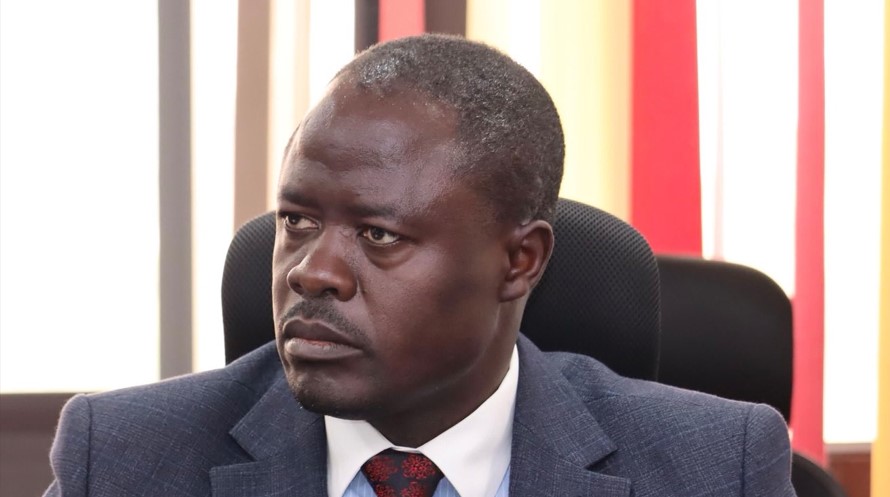Don’t bury before autopsies- rights groups say, as they demand speedy, transparent probe
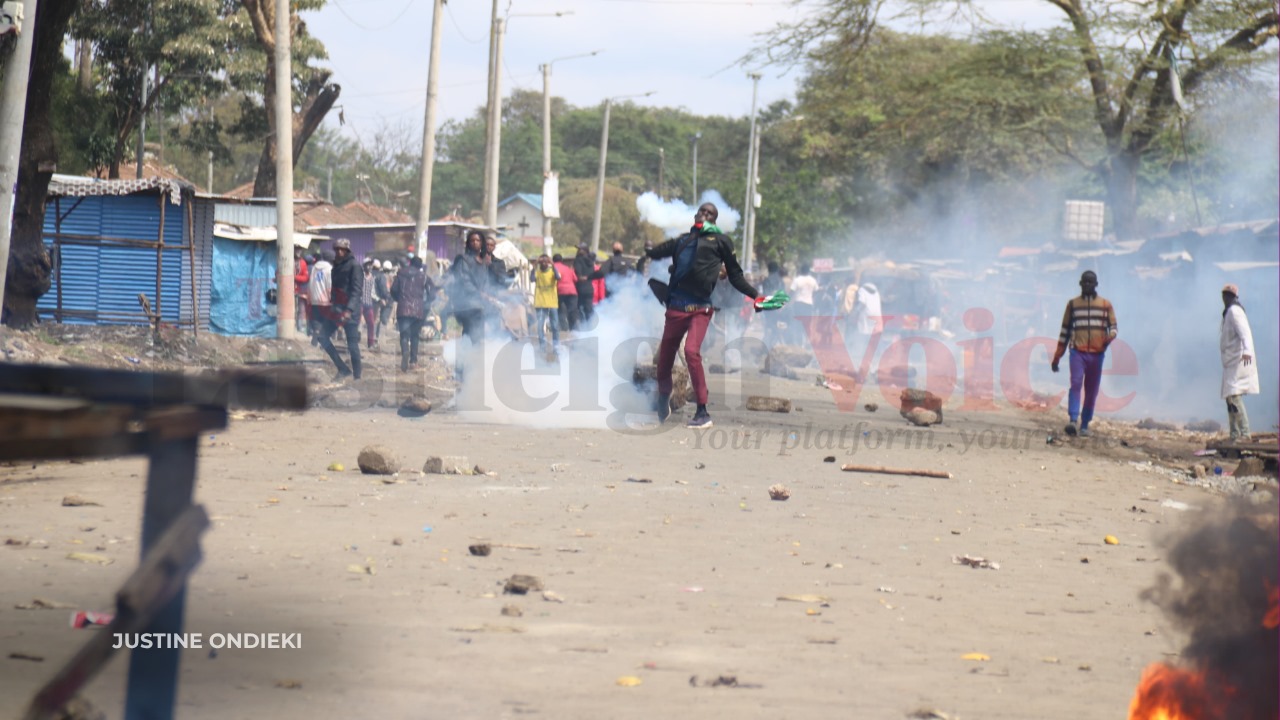
The Law Society of Kenya, the Independent Medico-Legal Unit, and the Independent Policing Oversight Authority have urged for timely, transparent postmortems carried out in the presence of independent experts and family representatives.
Civil society organisations are pressing the government to speed up postmortem examinations for those who died during the recent protests, warning that delays risk destroying vital evidence and blocking justice.
They say families should not bury their loved ones before official autopsies are completed, as this could weaken investigations into alleged unlawful killings.
More To Read
- Two more deaths in police custody fuel outrage in Kakamega, Murang’a
- Ruto announces 120-day compensation framework for protest victims
- Calls grow to disband Kenya’s police service over corruption, brutality and failed reforms
- Katiba Institute, KHRC sue to block Ruto’s KNCHR nominee over gender rule breach
- Ruto nominates Duncan Ojwang’ to chair Kenya Human Rights Commission
- MUHURI files complaint over alleged police assault on rights officer
The Law Society of Kenya, the Independent Medico-Legal Unit, and the Independent Policing Oversight Authority (IPOA) have urged for timely, transparent postmortems carried out in the presence of independent experts and family representatives.
Their joint call stresses that fast, properly overseen autopsies are essential to protect evidence and ensure accountability.
The Kenya National Commission on Human Rights (KNCHR) has confirmed that at least 38 people died during and after the July 7 demonstrations, many from gunshot wounds inflicted by police.
Several victims included women, children, and youth, some of whom died while receiving hospital treatment.
More than 130 others were injured and hundreds arrested in protests spanning at least 17 counties, with Kajiado and Kiambu among the worst affected.
The protests were marked by clashes between demonstrators and security forces, who reportedly used live bullets, tear gas, and excessive force in residential areas.
Civil society groups have raised concerns about reports that families are being charged for postmortem and hospital bills despite government assurances that these costs would be waived. Many affected families are poor and unable to cover the expenses.
“The families claim they are also being asked to pay the postmortem fees in addition to other medical and mortuary bills, contrary to the waiver issued by the government. A majority of these families are underprivileged and unable to pay the bills,” the KNCHR said.
The organisations warn that premature burials before autopsies are complete could destroy crucial evidence, making investigations difficult or impossible. They call on authorities to uphold the rule of law by facilitating quick, independent, and transparent postmortems.
The KNCHR emphasised that timely postmortem examinations supervised by IPOA, independent pathologists, and family legal representatives are vital to restoring public confidence in the justice system.
Human rights groups have also condemned the reported use of plain-clothed officers and unidentified armed individuals during the protests, warning that without accountability, similar abuses may happen again.
Top Stories Today
